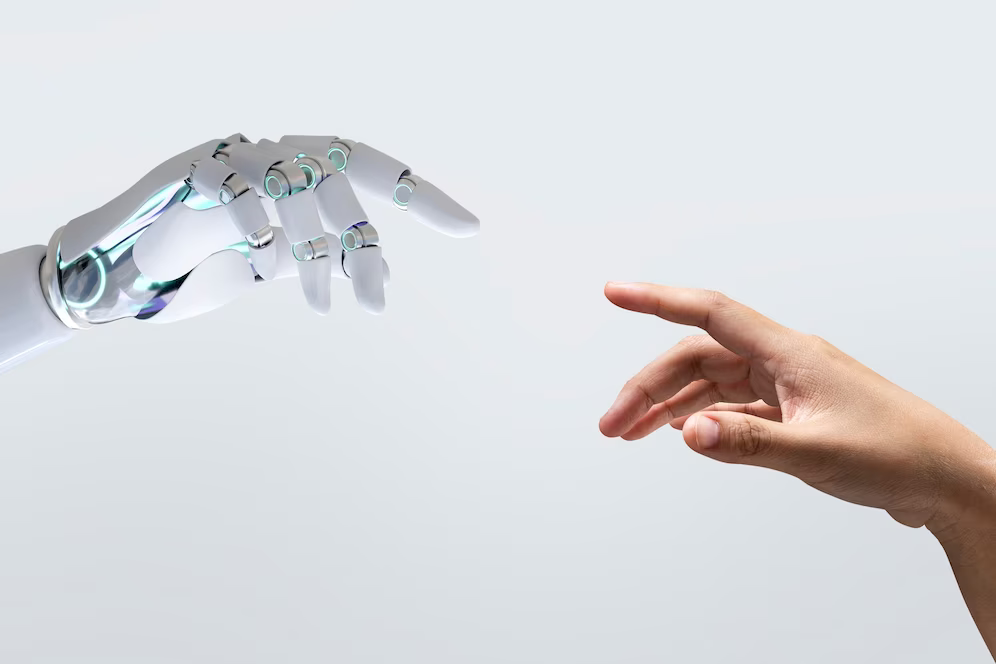In recent years, Artificial Intelligence (AI) is gradually gaining increased popularity and is being integrated into more industries like; financial services, insurance, data science, client relations and support, marketing, education, healthcare, agriculture, transportation, gaming, security, space exploration, to mention a few. This is because AI has the ability to automate repetitive tasks which allows humans to focus on more creative and complex endeavors.
With AI significantly infringing on the future of work and its ability to perform tasks commonly associated with human cognitive function, this has raised many concerns, especially in industries that involve business analysis and interpretation. Business analysis as we know is a set of tasks, knowledge, and techniques required to identify business needs and find solutions to various business problems.
BA Ethics and Responsibility
The role of a business analyst is broad, often involving interpreting complex business requirements, strategizing solutions, communicating between different stakeholders, managing change, and problem-solving. These are tasks that require human judgment, experience, and creativity. While AI has made significant strides, it’s still not at the point where it can fully replicate human skills such as understanding subtlety, context, emotions, or complex decision-making processes.

BAs and Human Interaction
A significant part of a business analyst’s role involves human interaction, understanding, and collaboration. It often involves translating between business needs and technical capabilities, negotiating between different stakeholder interests, and managing organizational change. These are skills that are extremely difficult for AI to imitate.
BAs and Decision-Making
Decisions made by business analysts often have a wide range of implications for the business and its stakeholders. In many cases, ethical judgment and the ability to take responsibility for decisions are skills required of a business analyst. AI systems don’t have the ability to understand or make ethical judgments, and there are significant legal and moral questions around assigning responsibility to AI systems.
AI can be used as a tool: rather than replacing Business Analysts
AI is more likely to be used as a tool to assist business analysts. For example, AI can automate certain routine tasks, analyze large sets of data to provide insights, make informed decisions, and even predict trends based on historical data. This would allow business analysts to focus more on tasks that add significant value, such as strategy development, problem-solving, and stakeholder management.
Conclusion
While AI can likely change the role of a Business Analyst significantly, it’s not on track to fully replace business analysts. Instead, business analysts should adapt to using AI to automate time-consuming tasks and focus on more strategic tasks such as identifying new opportunities and making informed decisions.


